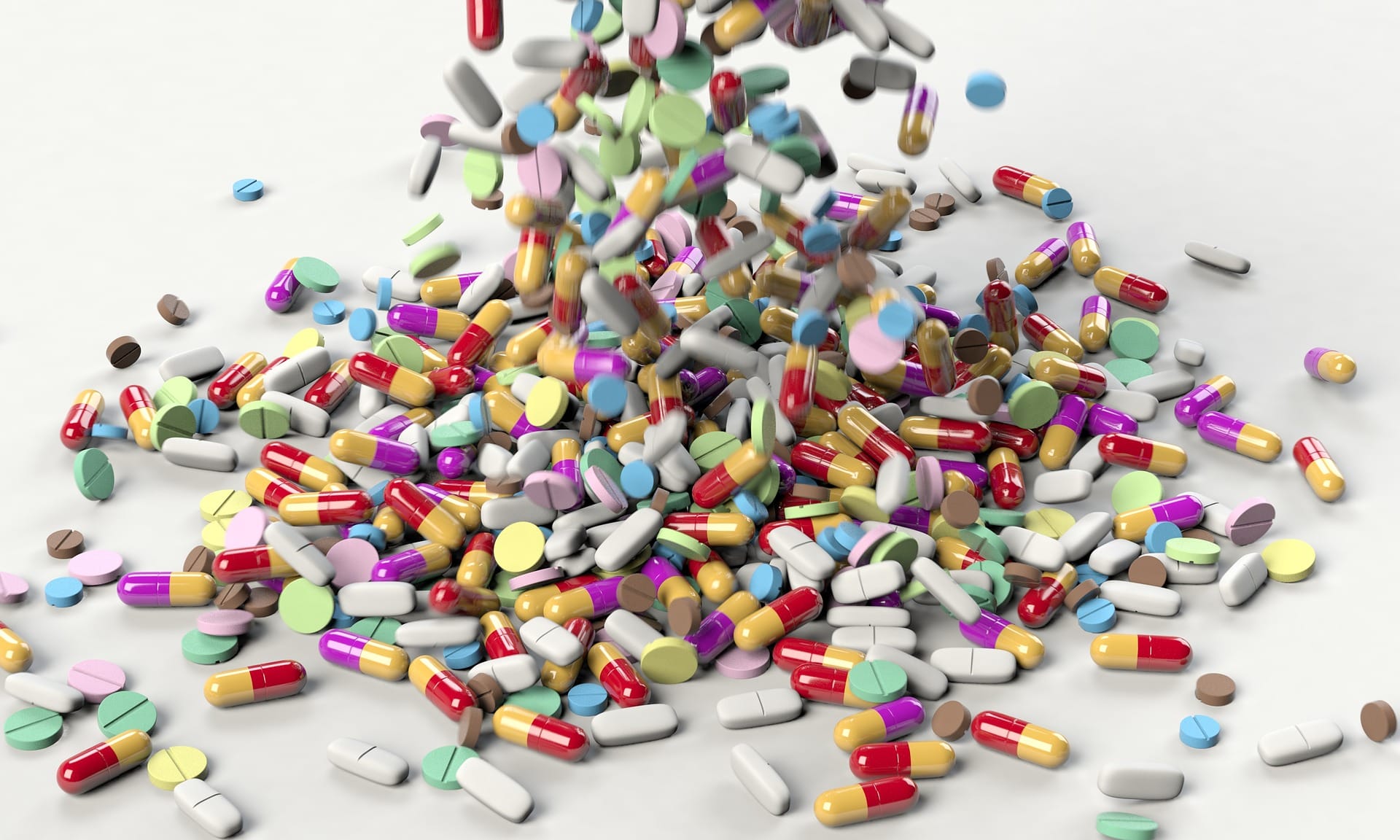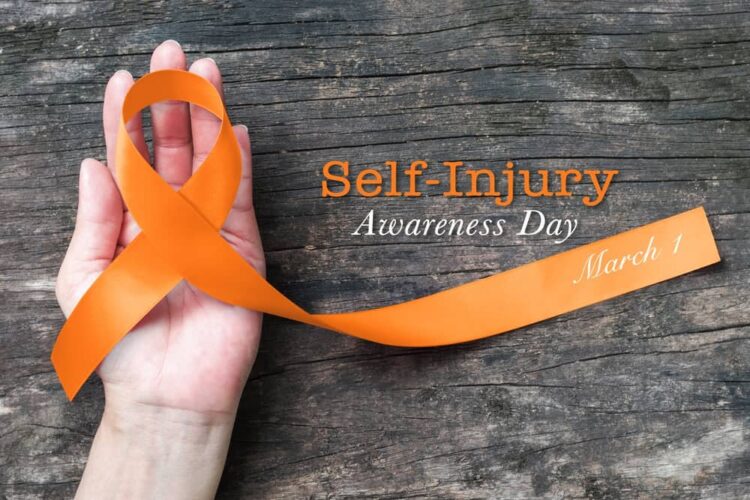
Addiction to Prescription Stimulants
In the past several decades prescription stimulants have been increasingly prescribed by medical professionals to treat attention-deficit hyperactivity disorder (ADHD), narcolepsy and sometimes obesity. Some would argue that there has been an over–prescription of these ‘legal’ stimulants, endorsed by the powerful influence of ‘Big Pharma’. Due to the ubiquitous nature of these drugs and the relative ease with which they can be obtained, many people have formed unhealthy addictions to them.
Prescription stimulants can be classified into a few categories. The fundamental difference between them is their molecular construction and patients are prescribed accordingly based on the potency and duration required. Firstly there are amphetamines such as Adderall and Dexedrine. Next there are methylphenidates such as Ritalin, Concerta, Desoxyn and finally there are phenethylamines such as Ephedrine. They all act on the central nervous system and are prescribed in order to aid cognitive function for patients with chemical imbalances in their brains, increasing alertness, attention, energy and in some cases as appetite suppressants.
It should also be said these drugs all produce effects similar to illicit stimulants such as cocaine, crack and crystal meth. The primary difference is that prescription stimulants are designed as time-release drugs, whilst illicit stimulants produce shorter, more intense highs and too often those are mixed with other harmful illicit substances causing a myriad other side effects. Most prescription stimulants come in tablet, capsule, or liquid form, which a person ingests orally. When using a prescription stimulants recreationally, a person often snorts, smokes, or injects the drug giving them the short term effects of euphoria, decreased appetite, wakefulness and abundant energy.
Prescription stimulants also have a long history of being used by athletes and students to enhance performance rather than to get high. Athletes use them to increase endurance or recover quicker, whereas many students to try to improve their mental performance, such as prolonged concentration or memory enhancement. However when abused by those who do not have an inherent chemical imbalances, the prescription stimulants can produce an overabundance of the chemical dopamine, the pleasure-inducing chemical in the brain. After continued use of any stimulants, the brain can no longer produce normal amounts of dopamine on its own. This craving for dopamine reinforces and escalates the stimulant abuse, which can develop into an addiction over time.
Too often, those addicted to prescription stimulants allow the drugs to become the main priority in their life, ignoring negative consequences, whether personal or health-related. Repeated misuse or even within a short period can induce psychosis, anger or paranoia. When people overdose on prescription stimulants, they most commonly experience several different symptoms, including restlessness, tremors, overactive reflexes, rapid breathing, confusion, aggression, hallucinations, panic states, abnormally increased fever, muscle pains, weakness and sometimes this may result in heart attacks and seizures.
Behavioural therapies such as cognitive-behavioural therapy (CBT) and contingency management can be effective in helping those addicted to stop prescription stimulant misuse. The treatment helps the individual to understand the factors contributing to their compulsive use, furthermore, can provide methods of coping with the triggers that will inevitably emerge during recovery. At Ibiza Calm, we have an expert team of professionals available at all times for any number of addictions you or a loved one may be suffering with, so please do not hesitate to call us if you need any help or advice.
(SPAIN) +34 664 443 433 (UK) +44 203 868 5710
Share this information, choose your platform!
What is huffing?
Huffing is a colloquial term for inhalant abuse. It is a type of substance misuse that involves getting “high” by inhaling the chemicals found in everyday household items. The noxious vapour given off by solvent-based products like paint, glue, petrol, …
How exercise and addiction recovery works
Does exercise have an important part to play in recovery? We are constantly told that regular exercise is a good for us but it could be the last thing on your mind when it comes to recovery. Many people exercise …
Understanding self-harm: Breaking the stigma.
Each year, globally, March the 1st marks Self-Harm Awareness Day (also known as Self Injury Awareness Day); shedding light on a complex and often stigmatised and misunderstood issue, that can affect anyone, no matter their age or gender. Self-harm, or …
Why talking about mental health is so important.
It is estimated that worldwide annually, one billion people are affected by a mental health condition; that a mental health illness is responsible for 15% of global deaths; that 1 in 4 people in the UK will experience a problem …









